Space Technology and Systems Specialist (STSS)™
Learn about STSS program
- Length: 2 days
- Instructor led
- Online, onsite and Live online
Space Technology and Systems Specialist (STSS)™
The Space Technology and Systems Specialist (STSS)™ Training, offered by Tonex in collaboration with IS4, is a comprehensive program designed to equip professionals with advanced knowledge and skills in space technology and systems. This course provides a deep dive into the intricacies of space systems, fostering expertise essential for success in the dynamic field of space exploration and technology.
The Space Technology and Systems Specialist (STSS)™ certification, offered collaboratively by Tonex and IS4, stands as a pinnacle credential in the realm of space technology and systems expertise. This comprehensive certification program is meticulously designed to empower professionals with an in-depth understanding of space systems, satellite technologies, and mission planning. Participants undergo rigorous training, gaining proficiency in designing, analyzing, and optimizing space systems for peak performance.
Tonex and IS4 bring together their collective industry experience to provide cutting-edge insights into emerging trends, technological innovations, and the regulatory landscape shaping the future of space exploration. The STSS™ certification signifies mastery over key concepts in space communication, remote sensing, and compliance with international space laws.
Through hands-on simulations and case studies, candidates develop practical skills, ensuring they are well-prepared to contribute meaningfully to the rapidly evolving field of space technology. Acquiring the STSS™ certification establishes individuals as competent and forward-thinking specialists, poised to make impactful contributions to the dynamic and exciting world of space exploration.
Learning Objectives:
- Understand the fundamentals of space technology, satellite systems, and space mission planning.
- Acquire proficiency in designing and analyzing space systems, ensuring optimal performance and reliability.
- Explore cutting-edge technologies in satellite communication, remote sensing, and navigation systems.
- Master the principles of space policy and regulations governing the global space industry.
- Develop hands-on experience through practical exercises and simulations, enhancing problem-solving abilities.
- Gain insights into emerging trends and innovations shaping the future of space technology.
Audience: This training is tailored for professionals and aspiring experts in the fields of aerospace engineering, satellite communication, space systems development, and related disciplines. It is ideal for engineers, scientists, project managers, and individuals seeking to advance their careers in the burgeoning space industry.
Course Outline:
Module 1: Introduction to Space Technology
- Historical Overview
- Principles of Space Exploration
- Space Technology Evolution
- Space Industry Landscape
- Role of Space Agencies
- Future Trends in Space Technology
Module 2: Satellite Systems and Design
- Satellite Architecture
- Subsystems Overview
- Power and Thermal Control
- Onboard Computers and Communication
- Payload Systems
- Design Considerations and Constraints
Module 3: Space Communication Technologies
- Satellite Communication Fundamentals
- Antenna Systems
- Signal Propagation in Space
- Emerging Communication Protocols
- Inter-Satellite Communication
- Space-Based Internet and Connectivity
Module 4: Remote Sensing and Earth Observation
- Basics of Remote Sensing
- Sensor Technologies
- Image Processing Techniques
- Applications in Environmental Monitoring
- Resource Management
- Earth Observation Satellites
Module 5: Space Policy and Regulations
- International Space Law Framework
- Regulatory Bodies and Compliance
- Ethics in Space Activities
- National and Global Policy Considerations
- Space Security and Sustainability
- Legal Aspects of Space Exploration
Module 6: Hands-on Simulations and Case Studies
- Space System Design Exercises
- Simulation of Space Missions
- Analysis of Real-World Scenarios
- Problem-Solving in Space Technology
- Collaboration in Space Projects
- Integration of Course Concepts through Practical Applications
Preparation for STSS™ Certification:
- Overview of STSS™ Certification
- Key Requirements for Certification
- Recommended Study Materials
- Effective Study Strategies
- Practice Exams and Mock Assessments
- Final Exam Preparation Tips
Exam Domains:
Spacecraft Systems: This domain covers the various components and subsystems of spacecraft, including propulsion systems, power systems, communication systems, thermal control, guidance, navigation, and control (GNC) systems, etc.
Launch Systems: This domain focuses on the principles and technologies involved in launching spacecraft into orbit or beyond, including launch vehicles, launch procedures, trajectory calculations, orbital mechanics, etc.
Spacecraft Operations: This domain involves the operational aspects of spacecraft, including mission planning, payload operations, telemetry, tracking, and command (TT&C), orbital maneuvers, contingency operations, etc.
Space Environment: This domain covers the understanding of the space environment and its effects on spacecraft, including radiation, microgravity, orbital debris, space weather, etc.
Mission Design and Analysis: This domain focuses on the process of designing space missions, including mission objectives, trajectory design, payload requirements, cost analysis, risk assessment, etc.
Question Types:
Multiple Choice: These questions present several options, with candidates required to select the correct answer.
True/False: Candidates determine whether statements provided are true or false based on their knowledge of space technology and systems.
Short Answer: Candidates provide brief responses to questions, often requiring them to demonstrate understanding of specific concepts or principles.
Problem Solving: These questions present scenarios or problems related to space technology and systems, requiring candidates to apply their knowledge to solve them.
Essay: Candidates write longer-form responses to questions, allowing them to demonstrate in-depth understanding and critical thinking on specific topics within the domain.
Passing Criteria:
To pass the Space Technology and Systems Specialist (STSS)™ Training exam, candidates must meet the following criteria:
Overall Passing Score: Candidates must achieve a minimum overall passing score, calculated based on the total points available in the exam.
Minimum Score in Each Domain: Candidates must also achieve a minimum passing score in each exam domain to ensure a comprehensive understanding of all aspects of space technology and systems.
Time Limit: Candidates must complete the exam within a specified time limit, ensuring they can demonstrate their knowledge effectively within a reasonable timeframe.
No Major Violations: Candidates must adhere to exam rules and guidelines, avoiding any major violations such as cheating or plagiarism.
By meeting these criteria, candidates demonstrate their proficiency in space technology and systems and qualify as Space Technology and Systems Specialists (STSS)™.
Need help? Contact us
